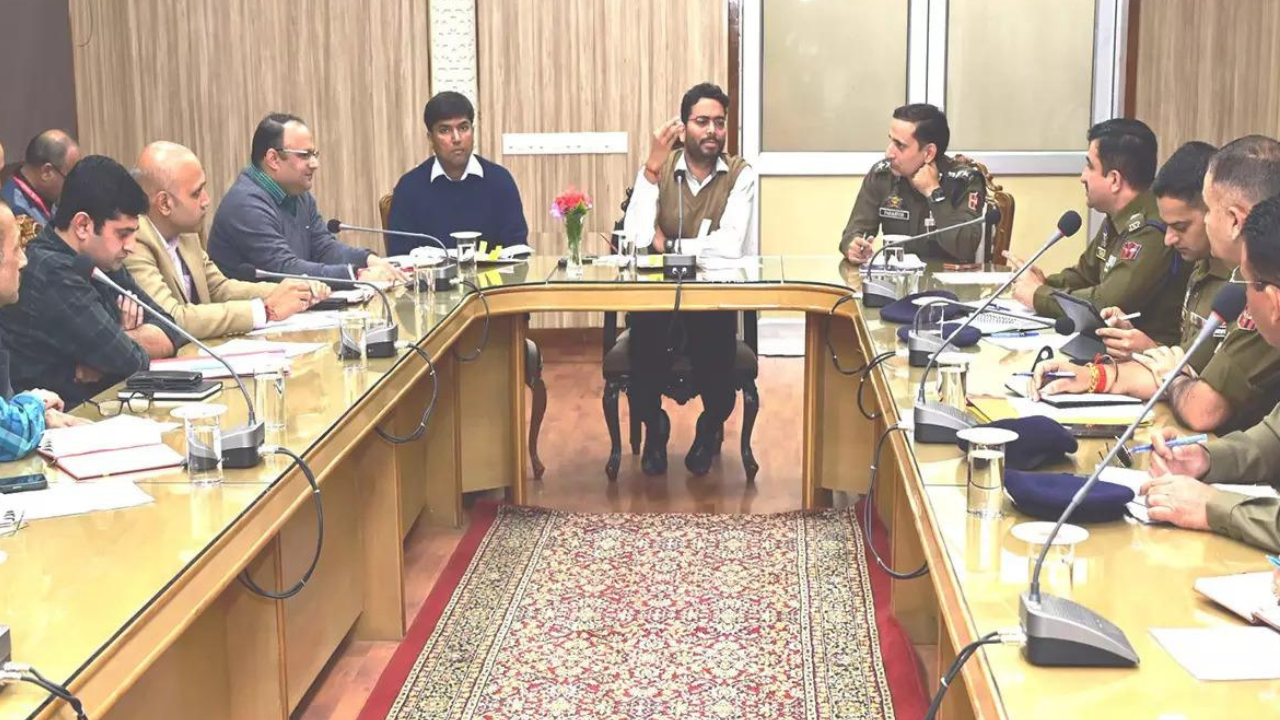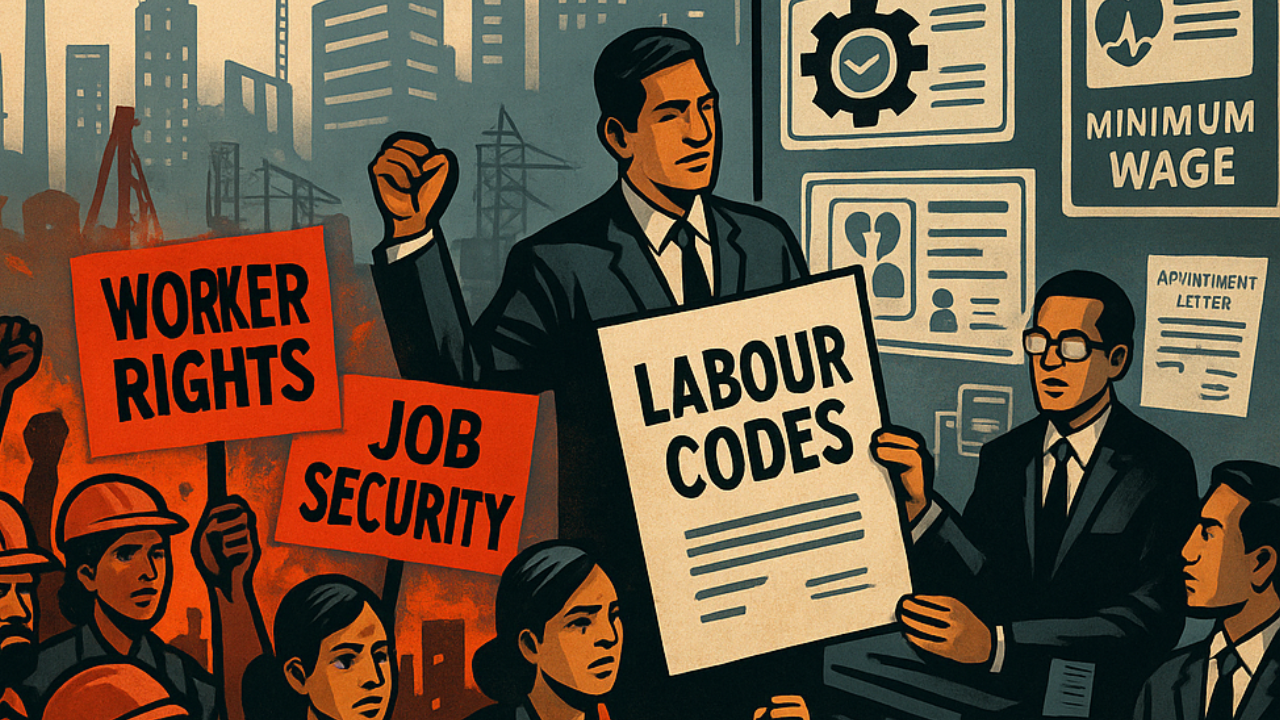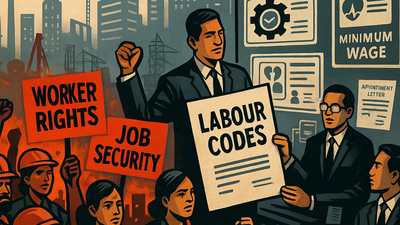A joint platform of ten central trade unions on Friday criticised the government’s notification of the four labour codes, calling the move “a deceptive fraud committed against the working people of the nation” and announcing a nationwide day of protest on November 26. The unions allege that the implementation, effective from November 21, is unilateral and “anti-worker, pro-employer” and undermines the welfare-state framework. The statement was issued jointly by INTUC, AITUC, HMS, CITU, AIUTUC, TUCC, SEWA, AICCTU, LPF and UTUC. The notification operationalises the Code on Wages (2019), Industrial Relations Code (2020), Social Security Code (2020) and the Occupational Safety, Health and Working Conditions Code (2020), replacing 29 central labour laws.
Government says codes modernise labour framework
PM Narendra Modi hailed the implementation, calling it “one of the most comprehensive and progressive labour-oriented reforms since Independence” and said the move strengthens workers’ rights and simplifies compliance.“These Codes will serve as a strong foundation for universal social security, minimum and timely payment of wages, safe workplaces and remunerative opportunities for our people, especially Nari Shakti and Yuva Shakti,” PM Modi said on X.“It will build a future-ready ecosystem that protects the rights of workers and strengthens India’s economic growth. These reforms will boost job creation, drive productivity and accelerate our journey towards a Viksit Bharat.” PM Modi added.The government said that the overhaul is intended to expand formalisation, reduce compliance burden and enhance worker protections across sectors, including gig and platform labour, MSMEs, women workers and contract employees.
Key provisions under the codes
According to the government’s announcement, major changes include:
- Universal
minimum wages and mandatory timely wage payments - Extension of social security to gig and platform workers
- Women allowed to work in all sectors including night shifts, with mandatory safety measures
- Free annual health check-ups for workers above 40 years
- Single registration, single licence and single return to ease compliance
- Fixed-term employees eligible for gratuity after one year
- Expanded ESIC coverage, including units with even one hazardous-process worker
- Gender-neutral pay and mandated appointment letters for all employees
Trade unions call move ‘undemocratic’, cite ignored consultations
The trade unions called the rollout arbitrary, alleging the decision caters to “employers’ representatives and fringe supporters of the Govt”. They claimed multiple protests and strikes since 2019—including the January 2020 general strike, the November 26 protest with Samyukt Kisan Morcha, and a July 9, 2025 strike claimed to involve “more than 25 crores workers”—were ignored.They said appeals to convene the Indian Labour Conference and repeal the codes, including during pre-budget meetings on November 13 and November 20, received no response.“This Union government has made effective the labour codes to cater to the demands of employers’ representatives… The most undemocratic, most regressive—anti-worker and pro-employer move,” the statement said.“Implementing the codes amid deepening unemployment crisis and rising inflation is nothing short of declaration of war on the working masses,” the platform said, alleging the government acted “in cahoots with capitalist cronies” to return to an “exploitative era of master-servant relationship”.“The working people of India will put up a formidable fight till the labour codes are withdrawn.” the labour unions added.
Unions submit charter in pre-budget consultations
Earlier, the Joint Platform of Central Trade Unions presented its 20-Point Workers Charter at the 2026-27 pre-budget consultation on November 20.The charter sought measures to boost domestic demand amid tariff concerns, stronger auditing of government schemes, and steps to reverse declining audit reports placed before Parliament. The unions demanded wider EPF/ESI coverage, higher statutory thresholds, increased minimum pension and scheme-worker honorariums, and sectoral cesses to fund welfare.They also sought reversal of decriminalisation under the Jan Vishwas Act and demanded job-creation measures in place of public funding through PLI, Capex Incentive and ELI schemes, citing declining employment growth, stagnant real wages and weak manufacturing performance.












